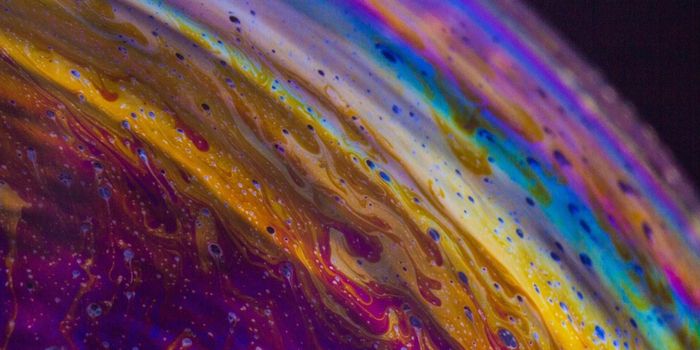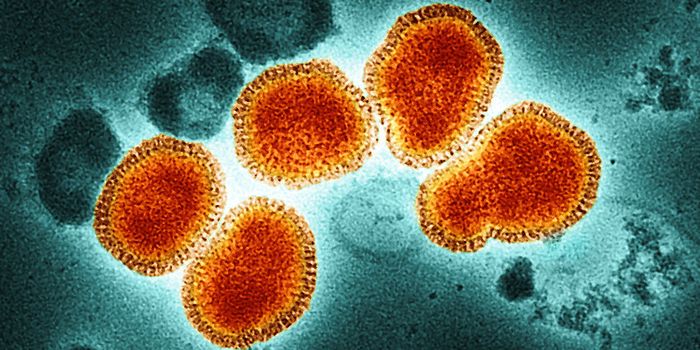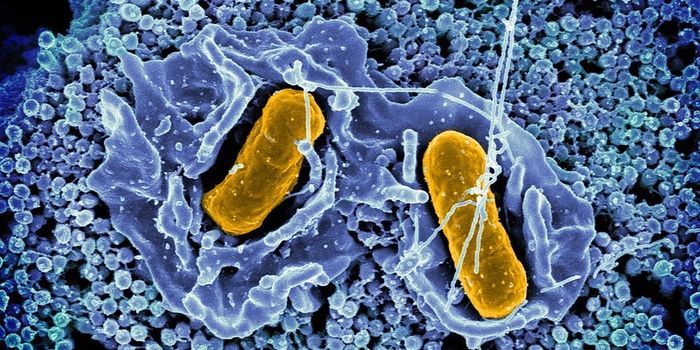Humans and Dogs Have More in Common Than we Knew
Humans may share more with their dogs than was previously known. New research has suggested that the microbes carried by dogs and humans have a lot in common. Man and his best friend share a lot of bacterial genes, and thus, have some of the same kinds of biological responses to food intake. The research, by Dr. Luis Pedro Coelho and colleagues from the European Molecular Biology Laboratory who worked with Nestlé Research, was reported in Microbiome, an open-access journal.
The genes encompassed by the microbiome of two dog breeds were very similar to those identified in humans; while the microorganisms were not the same strains of bacteria, there were many shared species between humans and dogs. Dogs, therefore, can more accurately reflect human physiology than pigs or mice, common research models.
"We found many similarities between the gene content of the human and dog gut microbiomes. The results of this comparison suggest that we are more similar to man's best friend than we originally thought,” said Coelho, who was the corresponding author of the study.
The investigators determined that after protein and carbohydrate levels in the diet were shifted, the microbiome of humans and dogs responded in similar ways, regardless of the gender or breed of the dog. Overweight and obese dogs were more reactive to a diet high in proteins when compared to lean dogs. That reinforces the idea that microbiomes in people of healthy weights are more resilient than those in overweight people.
In this study, 64 dogs were assessed; half were retrievers, and half were beagles. The dogs all got the same diet of commercial dog food for four weeks. Next, the dogs were randomly put into groups which got two different diets. One was high in protein, and low in carbs, while the other was high carb and low protein. The diet was continued for four weeks.
The researchers gathered 129 stool samples after each four-week diet regimen ended. The stool reflects the microbial population, and the researchers could then identify the genes the dogs carried; 1,247,405 in total. Then a comparison could be made between the microbial communities in dogs, humans, mice, and pigs.
"These findings suggest that dogs could be a better model for nutrition studies than pigs or mice and we could potentially use data from dogs to study the impact of diet on gut microbiota in humans, and humans could be a good model to study the nutrition of dogs,” said Coelho. ”Many people who have pets consider them as part of the family and like humans, dogs have a growing obesity problem. Therefore, it is important to study the implications of different diets."
Other researchers have looked at how dogs impact the human microbiome and fund that they have a beneficial effect when introduced to a home.
Sources: AAAS/Eurekalert! Via Biomed Central, Microbiome










